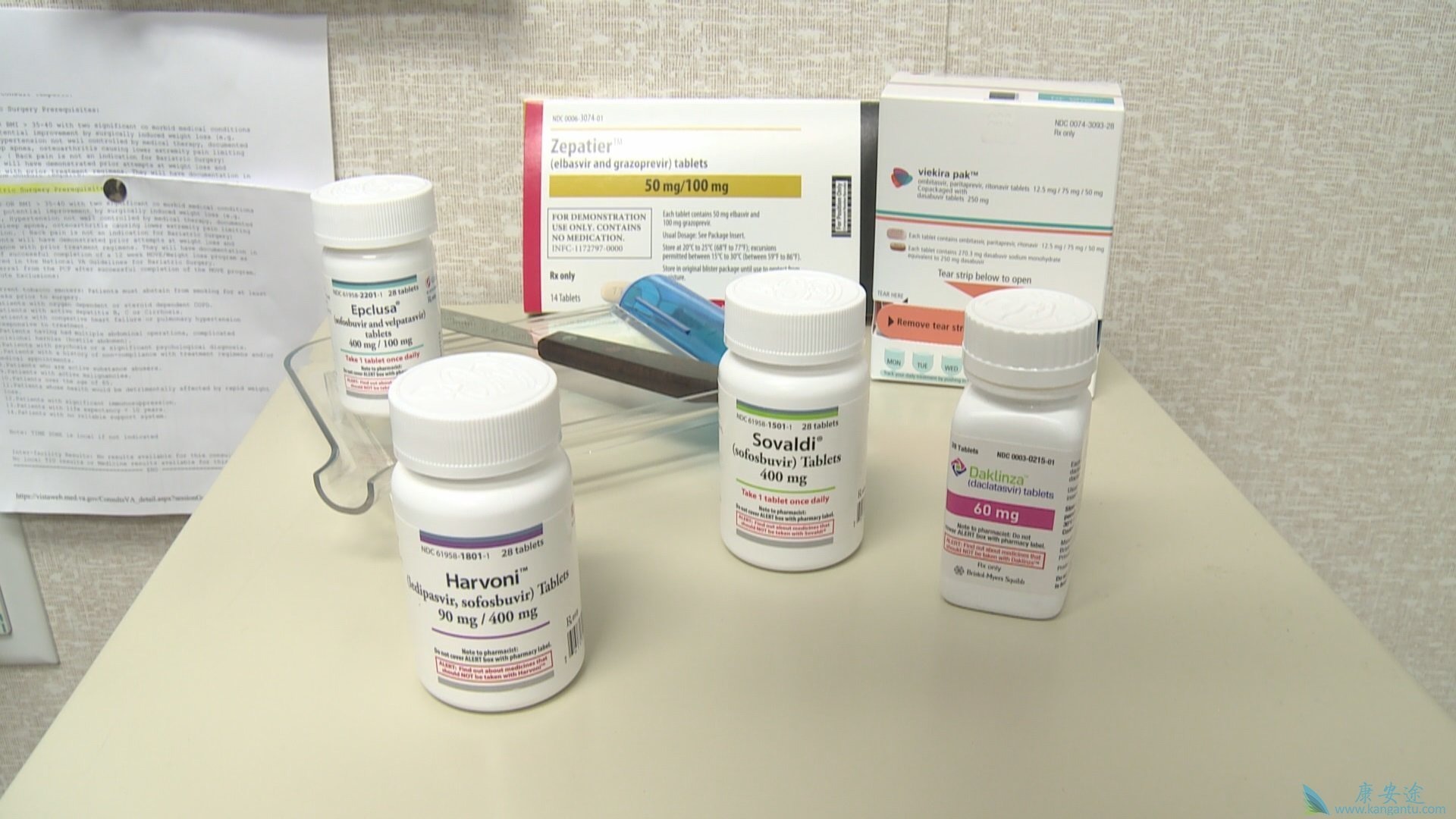Posted 22 августа 2023, 11:50
Published 22 августа 2023, 11:50
Modified 22 августа 2023, 16:12
Updated 22 августа 2023, 16:12

Foreign pharmaceutical companies are leaving the Russian market: who will assess the scale of the disaster
IRINA MISHINA
Zepatir is one of the most popular drugs against hepatitis C. This drug accounts for almost 20% of all government purchases of medicines for this disease. More than 1 billion rubles were spent annually for these purposes. Zepatir belongs to one of the most affordable treatment regimens.
We contacted the chairman of the Board of the interregional public organization «Together against Hepatitis» Nikita Kovalenko. Here's what he said:
«Zepatir is a good drug, but I want to note that today there are 7 other treatment regimens for hepatitis C. It is a pity, of course, that this drug will no longer be available, it was relatively cheap, only 1 tablet, effective and well tolerated. He has his own group of patients, he has a high safety profile. But I want to say that many Western productions are already localized in Russia».
The American manufacturer of MSD is not the only one who is leaving the Russian pharmaceutical market. There are a lot of drugs from the Israeli company Teva on the «on departure» list. This corporation says that sales of many drugs on the Russian market are unprofitable: the fact is that the company suffers too high losses. Also, the manufacturer's argument is that it is impossible to re-register the marginal selling price due to a significant increase in the cost of production «because of the policy of the Russian authorities.»
In the list of medicines that will stop coming, there are also a lot of medicines that are used to treat oncology, HIV, Alzheimer's disease and schizophrenia. Some medications have analogues in Russia has, for some — none. There is also information that the Danish company Novo Nordisk has stopped supplying insulin for diabetic patients.
Analysts suggest that the Russian pharmaceutical market may be filled with fakes of medicines that have left the Russian Federation, as well as illegally imported drugs. At the same time, certain storage and transportation conditions must be observed for some medicines, but it is not a fact that illegal suppliers will adhere to this.
Actually, the withdrawal of foreign drugs is already gradually taking place. During a survey conducted by the Patient Protection League about new generic drugs and «substitutes» flooding the Russian pharmaceutical market, many patients noted negative consequences and «side effects».
Larisa Senchenko notes: «They took depakin, replaced it with valproic acid, does not relieve seizures at all, but the side effect… liver, intestines headaches. Refused.»
Lyudmila Patsukova: «Humera — they gave some kind of fake. The box is the same. But made in Russia. No effect. Bekhterev's disease».
Margarita Serebryakova: «Only one ointment for herpes on the lips helped me — Pencivir. Everything passed with her at once. Now this ointment is not anywhere, since the beginning of ITS, and analogues do not work! I tried three different ones, there is no effect!!!»
In total, during a public opinion poll, more than 64% of patients said that generics and substitutes for original foreign medicines cause undesirable side effects in them.
Experts note that the notification letter of the Ministry of Health, containing a list of 196 drugs to be replaced, seems to be gradually starting to work.
«It looks very much like we are interrupting all relations with Western partners. It is difficult logistically, unaffordable for the budget, given the ruble exchange rate… The costs for the state, apparently, outweighed all the advantages,» says Maxim Rykov, MD, oncologist.
Alexander Saversky, the head of the Patient Protection League, agrees with him: «It is very bad when politics interferes with medicine. The question also arises: can we trust a private business that does as it pleases? Now many effective and safe cancer drugs, medications that are used for arthritis, for the treatment of diseases of the endocrine system are under threat of withdrawal. I would like to think that it will still not be massive.»
Meanwhile, at the state level, it seems that no one undertakes to assess the scale of the disaster from the departure of Western manufacturers. There is no resource anywhere that would collect data about the side effect, but in the meantime people are suffering, and this is becoming widespread.
It seems that diseases are becoming the «handiwork» of the patients themselves.